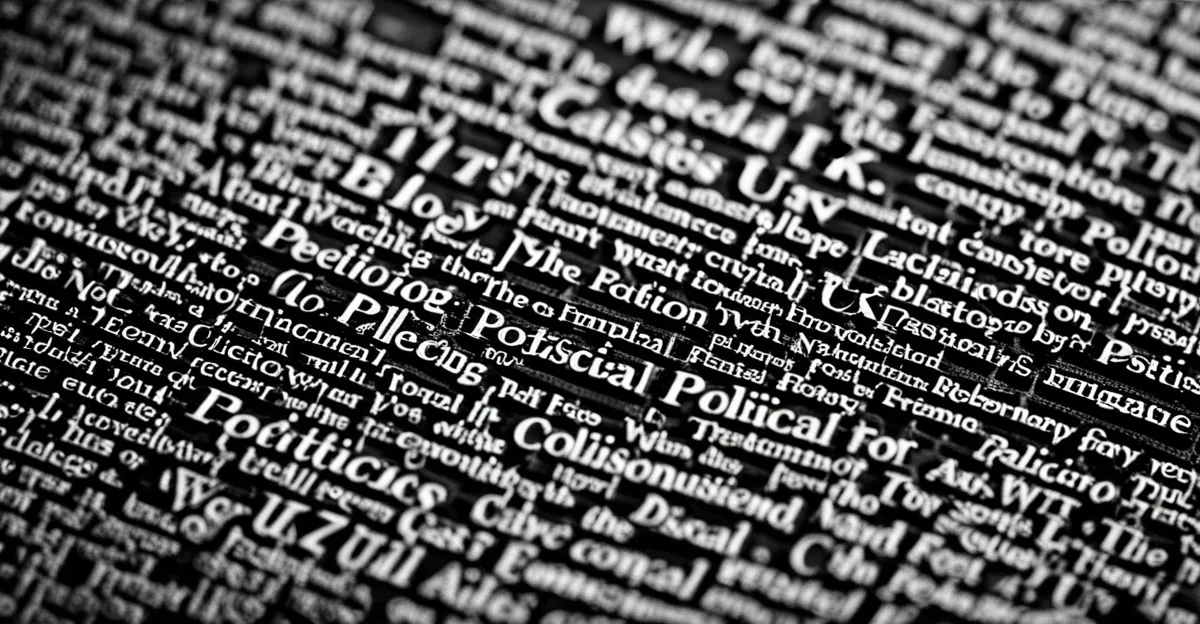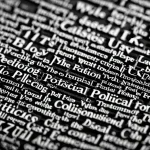The State of the UK Economy and Cost of Living Pressures
The UK economy faces ongoing challenges shaped by high inflation and stagnant real wages. Inflation rates remain elevated, eroding household purchasing power and intensifying the cost of living crisis. According to recent statistics, wage increases have not kept pace with rising prices, resulting in decreased disposable income for many families.
This financial strain affects consumer spending and business confidence alike. Many businesses are cautious about investment due to uncertainty about future economic conditions and increased operational costs. The cost of essentials, from energy bills to food prices, continues to rise, amplifying pressure on lower- and middle-income households.
Have you seen this : What are the implications of the UK’s media ownership laws?
In response, government economic policy has included interventions targeting inflation control and support for vulnerable groups. However, there is considerable political debate over the efficacy and fairness of these measures. Critics argue that policy responses must be more proactive in balancing inflation control with protections for those most impacted by the crisis. The ongoing dialogue reflects broader concerns about sustainable recovery and equitable economic management in a volatile environment.
The Ongoing Impact of Brexit
The Brexit aftermath continues to shape the UK economy with lasting effects on trade agreements and regulatory frameworks. Since leaving the EU, the UK has faced notable trade disruptions due to new border checks and customs procedures. These changes have increased costs and delays for exporters, particularly in key industries like manufacturing and agriculture. The UK’s departure has also led to divergence from EU regulations, requiring businesses to comply with separate standards, which adds complexity for companies trading internationally.
Also to discover : How Are UK Residents Responding to Recent News Developments?
Diplomatic and economic relations with the EU remain at the forefront of policy priorities. While the UK has sought to establish new trade agreements with global partners, the relationship with the EU remains pivotal as the UK still imports and exports significant goods across the Channel. Political debate centers on striking a balance between reclaiming sovereignty and maintaining seamless trade flows.
Public opinion on Brexit’s legacy is divided, reflecting ongoing concerns about economic uncertainty and the impact on cross-border cooperation. Understanding the multifaceted effects of Brexit helps clarify why it remains a dominant factor in the UK’s current economic and political landscape.







